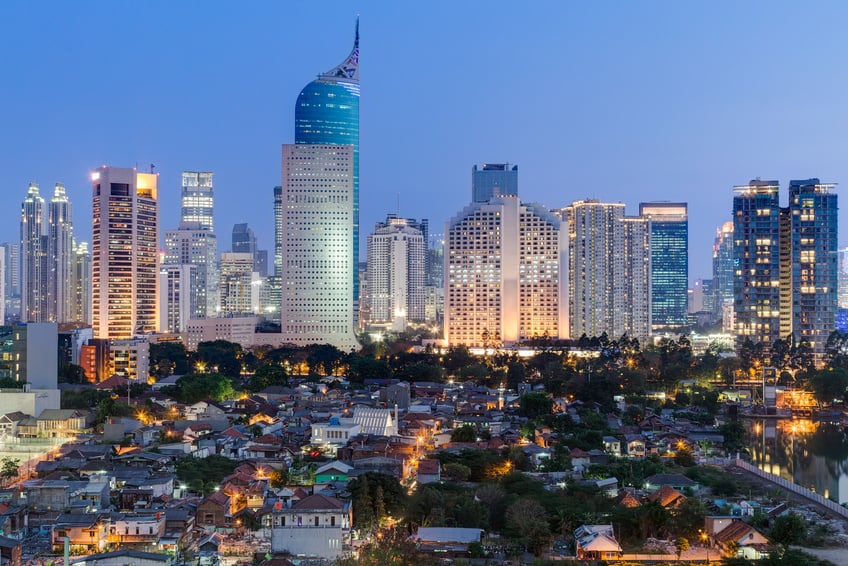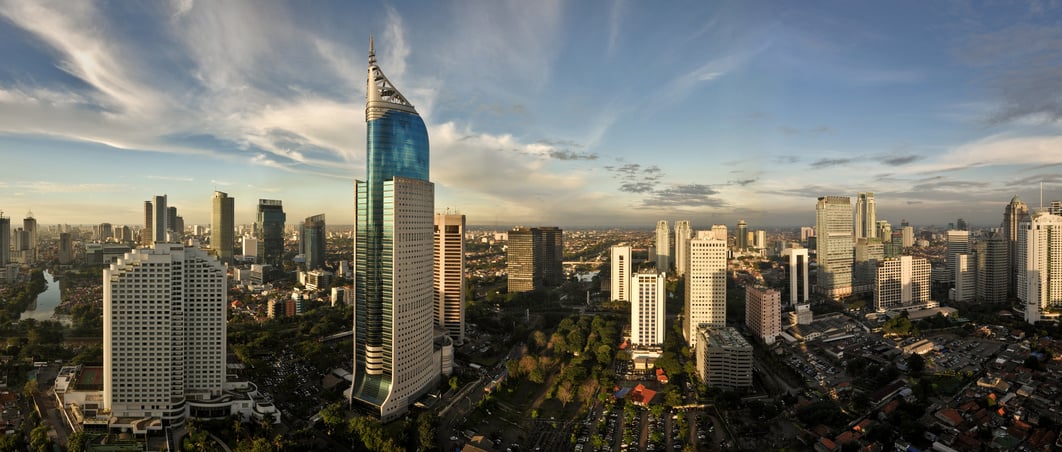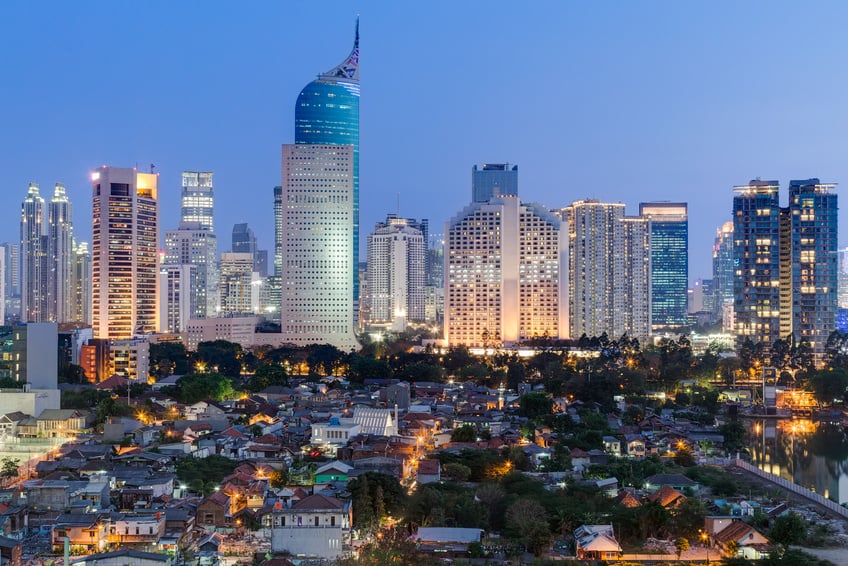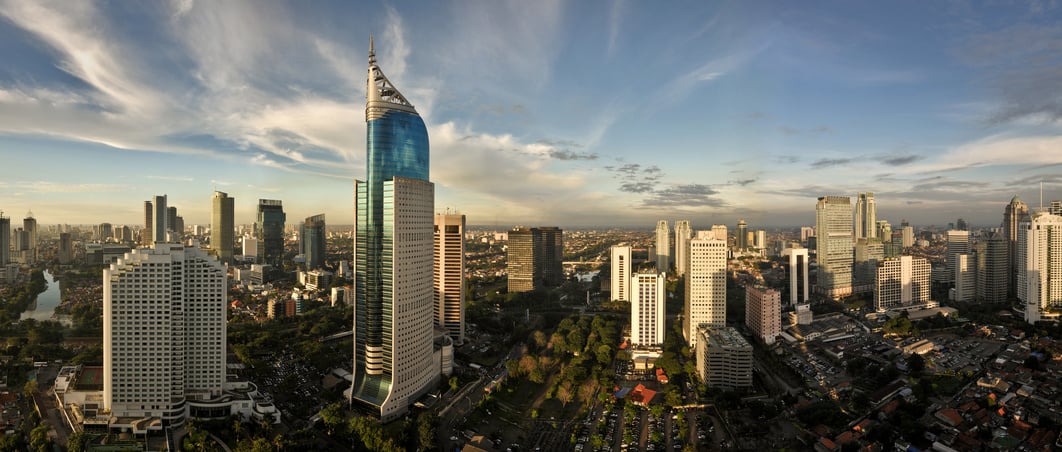On 26 July 2024, the government of Indonesia issued Government Regulation No. 28 of 2024 (“GR 28”), which is an implementing regulation of Law No. 17 of 2023 on Health (“Health Omnibus Law”). GR 28 came into effect on the same day it was issued.
Through GR 28, the government aims to impose control by setting up limits on the maximum content level of sugar, salt and fat (known as gula, garam dan lemak/”GGL”) in processed food products.
On 26 July 2024, the government of Indonesia issued Government Regulation No. 28 of 2024 (“GR 28”), which is an implementing regulation of Law No. 17 of 2023 on Health (“Health Omnibus Law”). GR 28 came into effect on the day it was issued. GR 28 regulates the same main principles as the Health Omnibus Law, but adds more depth and details
On 2 March 2023, Indonesia’s Minister of Health enacted Minister of Health Regulation on Maintenance of Medical Devices in Healthcare Facilities (“MOH Regulation 15/2023”). Under the new regulation, healthcare facilities of hospitals, local governments or communities are required to allocate a certain amount of budget to carry out medical device maintenance. This new requirement is aimed to ensure the availability of medical devices that meet service standards and requirements for quality, security, benefits, safety and feasibility of use in healthcare facilities, and to ensure the safety of users, patients and the environment in healthcare facilities.
On 11 May 2024, the Ministry of Health (MOH) issued circular letter No. FR.03.01/E/884/2024. In the Letter, the MOH announced that a Good Distribution Practice for Medical Devices (Cara Distribusi Alat Kesehatan Yang Baik or CDAKB) certificate will be required as a pre-requisite for the issuance of the product registration (izin edar).
On 11 July 2023, Indonesia’s house of representative (known as Dewan Perwakilan Rakyat Indonesia/DPR RI) approved the 2023 draft health law. A month later, the President enacted Law No. 17 of 2023 on Health (“Health Omnibus Law”) through the state secretariat. The Health Omnibus Law contains provisions on matters such as pharmaceutical preparations, medical devices, healthcare services, healthcare technology (including telehealth and telemedicine), R&D and other compulsory measures.
The Minister of Health issued MOH Regulation No. 24 of 2022 on Medical Records, which revokes MOH Regulation No. 269/MENKES/PER/III/2008, on the same topic on 31 August this year. The promulgation of MOH Regulation 24 underlines the digital transformation in Indonesia’s healthcare sector, as the regulation sets out detailed provisions on implementing the new electronic medical records provisions for healthcare facilities. The regulation aims to serve as a new legal framework for digital-based and integrated medical records.
In brief On 2 November 2020, President Joko Widodo enacted Law No. 11 of 2020 on Job Creation (“Omnibus Law”), covering amendments to various laws and regulations in Indonesia, including on halal product assurance. Article 48 and Article 185 (b) of the Omnibus Law mandated the Government to issue new…
On 22 October 2020, the Minister of Health (MOH) issued MOH Regulation No. 28 of 2020 on the Procurement of Vaccines for Corona Virus Disease 2019 (“COVID-19”) (“MOH Regulation 28”). MOH Regulation 28 is an implementing regulation of the Presidential Regulation No. 99 on the Procurement of COVID-19 Vaccine and Vaccination of COVID-19 (“PR 99”). We have addressed some of the key takeaways under PR 99 in our previous client alert. You can find the link to the client alert here.
MOH Regulation 28 regulates on four main themes of COVID-19 vaccine procurement: (i) types and amount of vaccine for procurement, (ii) procedure for procurement of vaccines, (iii) procedure for payment for vaccines and (iv) guidance and supervision on the procurement of vaccines.
As stipulated under PR 99, MOH has appointed PT Bio Farma (Persero) (“Bio Farma”) as the state-owned enterprise that will lead the procurement and distribution of COVID-19 vaccine in Indonesia. MOH Regulation 28 applies for all COVID-19 vaccines yet to come, not limited to the one that is being developed under the partnership between Government of Indonesia (GOI) (i.e., through Bio Farma) and Sinovac.
In brief On 5 October, The Parliament approved the job creation law (RUU Cipta Kerja, commonly known as the “Omnibus Law”). The Omnibus Law is expected to take effect within 30 days, upon signing by the President. Initially, the Government proposed two separate omnibus laws, with the first focusing on…
One of the preliminary methods to check if a person has been infected with COVID-19 is a rapid antibody test. In addition, under COVID-19 Task Force Circular Letter No. 7 of 2020 currently, a rapid antibody or PCR (Polymerase Chain Reaction) test result is a requirement for anyone taking public transportation for domestic (interprovincial or intercity) and international travel in Indonesia. Although the accuracy of rapid antibody tests is questionable, the rapid antibody test is the easiest and quickest way to identify COVID-19 exposure.
Because it is easy to use, there has been high demand for rapid antibody tests. To ensure a reasonable price, on 6 July, the Directorate General of Healthcare Services (“DGHS”) (i.e., a division under the Ministry of Health (“MOH”) issued Circular Letter No. HK.02.02/I/2875/2020 on the maximum tariff of Rapid Antibody Tests (“DGHS Circular Letter 02”).
DGHS Circular Letter 02 is an implementing rule of MOH Decision No. HK.01.07/MENKES/247/2020 on Guidelines on Prevention and Control of Corona Virus Diseases (COVID-19).








